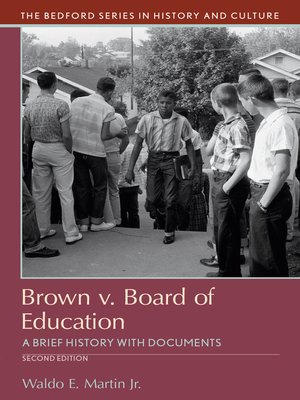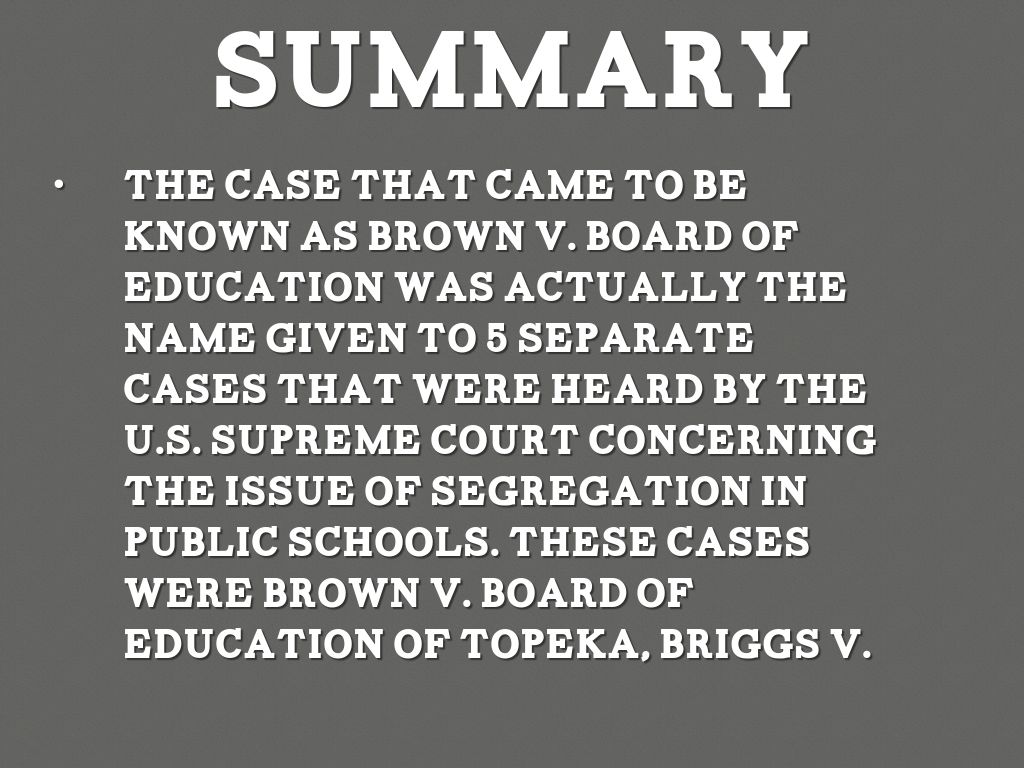
Here are these people who got their undergraduate degrees at HBCUs. The idea that education was not only this kind of euphemistic lever of uplift for you and your family and community, but that you would have some control over your destiny through education-that was lost. And now he’s working alongside them in a very menial job. He encounters some of his students who are working in this factory, whom he had encouraged to finish high school for all the obvious reasons.

Very menial work, not a supervisor in a factory. There’s one story: A gentleman loses a principalship and ends up having to go work in a factory. And so when these individuals lost their jobs, it had an economic impact on their family and on their community. A large percentage of the Black middle class-then and now-are educators. One trauma certainly was the economic trauma in the Black community. There’s a quote that says “to downgrade is to downgrade the Black community.” What did the fallout from Brown mean for the Black middle class? Your book explores how the consequences of dismissing and downgrading Black principals and teachers were so far-reaching, even beyond the Black educators themselves.

Today, no state has anywhere close to those percentages, and nationally, just 7 percent of teachers, and about 11 percent of principals, are Black. Prior to Brown, Black principals and teachers comprised 35 percent to 50 percent of the educator workforce in the 17 states with segregated school systems.


Scholars say that the current lack of Black educators in the profession can be traced to the aftermath of the Brown decision. Supreme Court 68 years ago this week, afforded Black children access to the same educational opportunities as white children, ending the doctrine of “separate but equal.” But it also caused the dismissal, demotion, or forced resignation of many experienced, highly credentialed Black educators who staffed Black-only schools.Īfter the decision, tens of thousands of Black teachers and principals lost their jobs as white superintendents began to integrate schools but balked at putting Black educators in positions of authority over white teachers or students. Board of Education of Topeka, which was decided by the U.S. One of the nation’s most significant milestones for civil rights also devastated the pipeline of Black educators, with consequences that are still being felt today.īrown v.


 0 kommentar(er)
0 kommentar(er)
